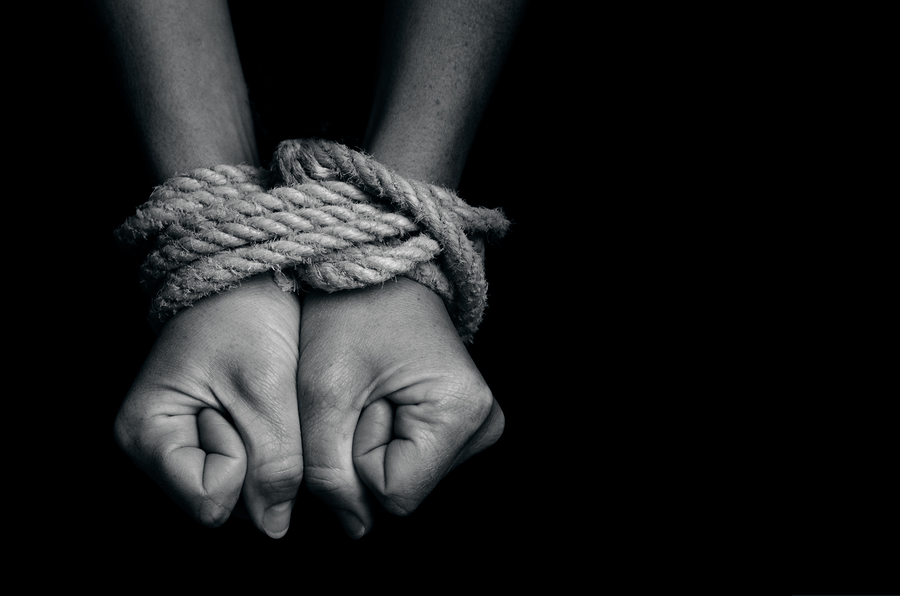
With thanks to the impact that social media has on today’s world, it comes as no surprise that the current #MeToo awareness movement could be seen as a double-edged sword.
That sharpened shine on the one edge of this sword would be the powerful awareness opportunity and the rally of a united voice, a huge break to the silence this subject has taken so many, many years to break.
Now, while the focus on sexual assault awareness is welcomed - enter the dull, darkened edge of the sword - therapists are becoming concerned that the prominence of this movement may just backfire on the most vulnerable of their patients, making their experience with sexual assault or sexual harassment inescapable.
The hashtag alone is everywhere, everyone with a voice or a keypad can now share their #MeToo experience. But for some, sharing the experience via an avenue like Social Media could come back to haunt them.
Most people with a social media account can attest that even if only once, they’ve posted a comment or a photo in hopes of some sort of self-esteem boosting response from friends or family members who “follow” them. In this instance, if a vulnerable person was to post their #MeToo experience, and their post ignored - whether in the shuffle of timelines or busy days - or what if, let’s say, “Uncle Bob” comments by questioning if it was just all in the person’s imagination? That would leave them feeling more vulnerable and exposed to a slew of retraumatizing thoughts or memories, sending them into a spiral of various psychological consequences.
Not much is known about the impact of childhood or adulthood sexual victimization from more rural or less studied communities (e.g., racial, ethnic, religious, disability, sexual orientation, poor and homeless minorities). Sexual abuse teaches victims that their bodies are not really their own. Victims often have feelings of shame, terror, depression, or guilt, and because of the stigma surrounding the issue, many blame themselves for the assault. Some of the mental health issues survivors of sexual abuse face can include: depression, anxiety, and PTSD. There have been ongoing debates about the prominent reliance on PTSD as a diagnosis for survivors of these abuses. Some even argue that a PTSD diagnosis promotes a tendency to exaggerate the survivor's role in response to sexual trauma.
Sexual abuse doesn’t only leave psychological scars. It can have long-lasting health consequences. Because the topic of sexual abuse is both personal and traumatizing, many feel deeply ashamed. If media or social reports mistakenly refer to rape as “sex", it can contribute to this shame, as can insensitive comments from loved ones (Like ‘Uncle Bob’), rape myths, and other elements of rape culture. This sense of shame is why so many, many victims go years without telling anyone of their abuse - a choice often later used against them to question that the assault or abuse ever occurred.
PTSD is commonly associated with war veterans and although men are ‘statistically’ more likely to experience traumatic events than women, women are said to be more than twice as likely to develop PTSD than their male counterparts, perhaps due to the fact that sexual assault leads to PTSD more frequently than do other forms of trauma, and women experience sexual assault at higher rates than men do.
Raising Awareness about Sexual Abuse
A number of celebrities have attempted in the past to raise awareness about sexual abuse. A number of these celebrities have been ignored, but thanks to this little hashtag (and good old safety in numbers concept) - there is a new hope for those who once felt that they had no voice. My only concern is that once #MeToo stops “trending”, that awareness for this serious issue will be downtrodden.
We may not be able to keep the topic trending for too long, but we can educate ourselves. Knowledge is power and with power comes responsibility. By knowing more, you will be empowered to help yourself and others. By speaking out when you hear or see something that mocks or downplays the seriousness of the matter, you have the choice to speak up and let them know that abuse is no laughing matter!
Talking about the problem is only the first step in a journey of yet to be determined steps and by the way… #Me Too!
Sources:
Melanie has a background in healthcare administration and in digital content creation and is currently a copywriter for Yes Wellness. She has written for many online publications- vets4vets.us, selfgrowth.com, and healthblow.com to list a few. You can read more about her at her linkedin profile or contact her at mel3lle - at - gmail.com